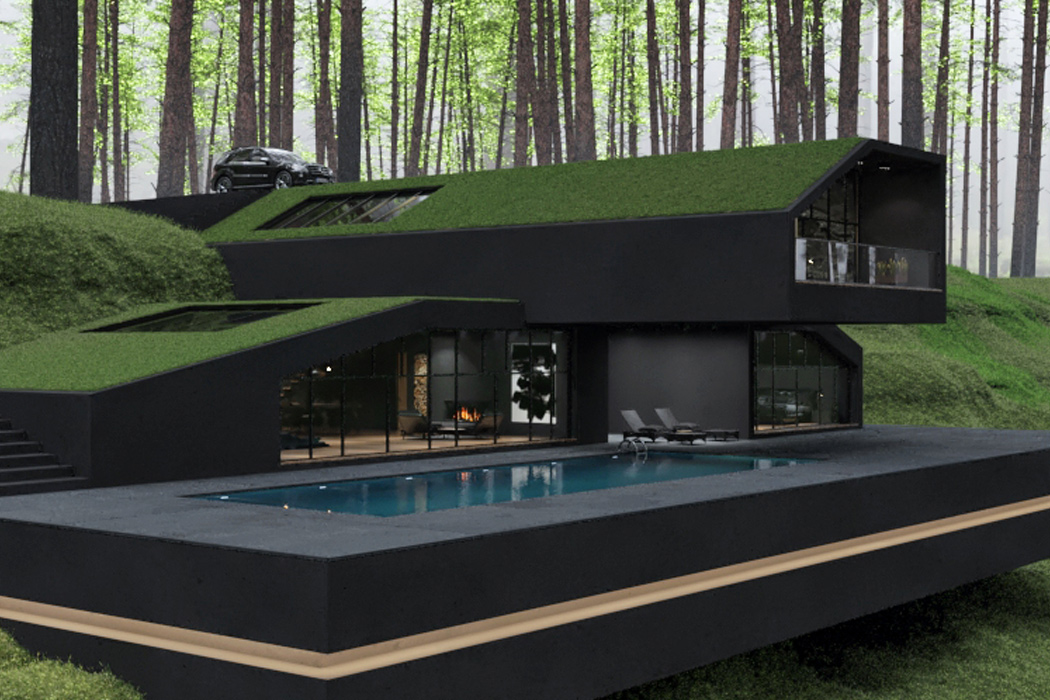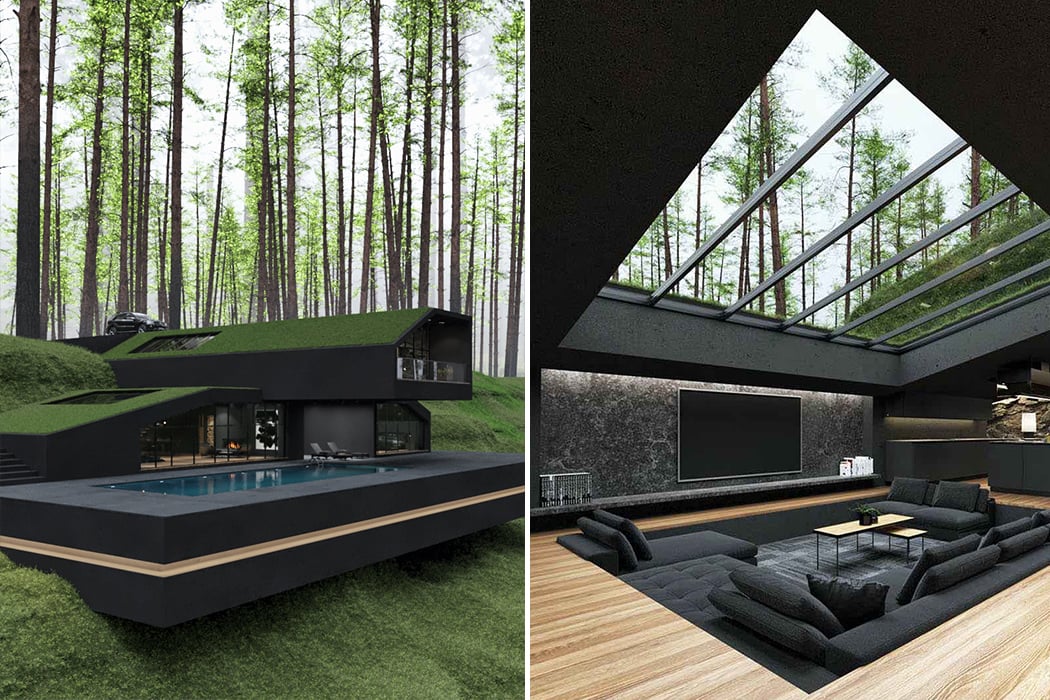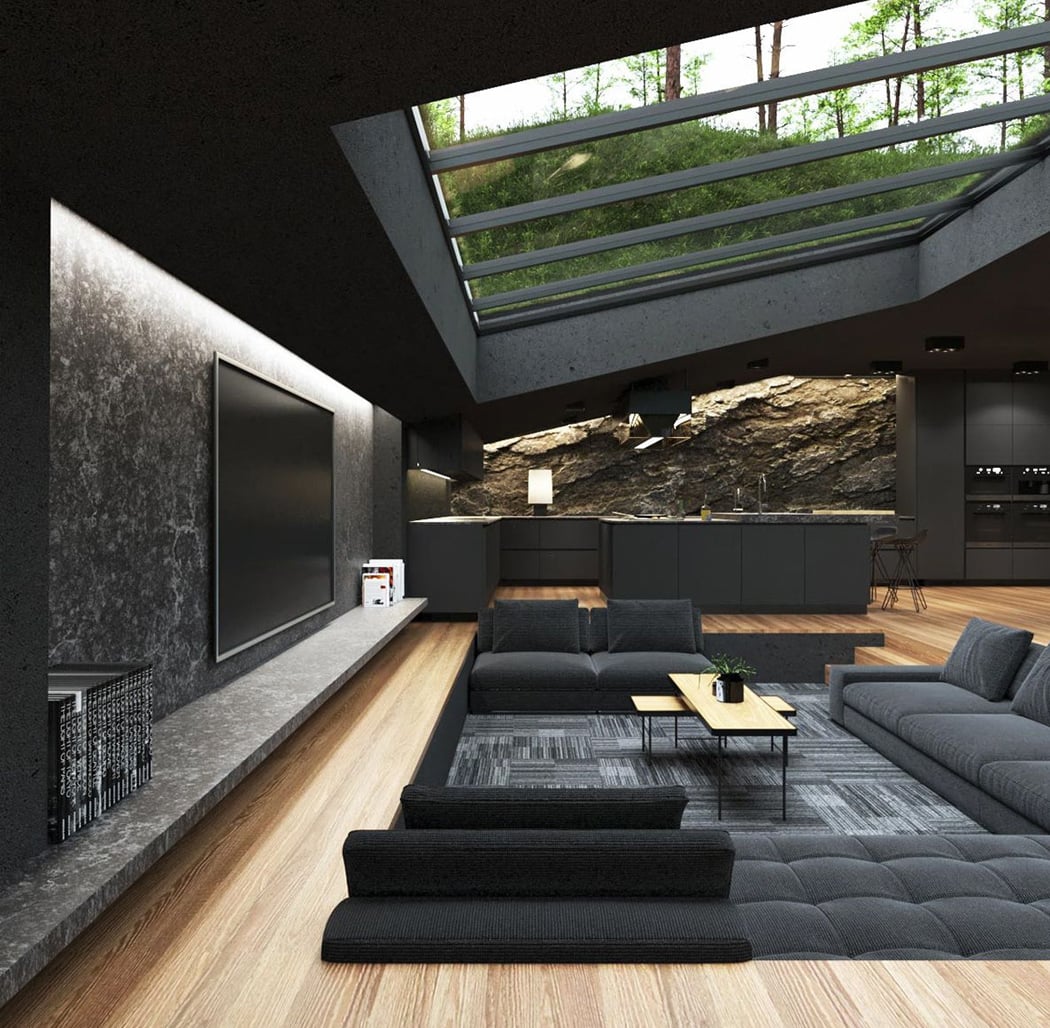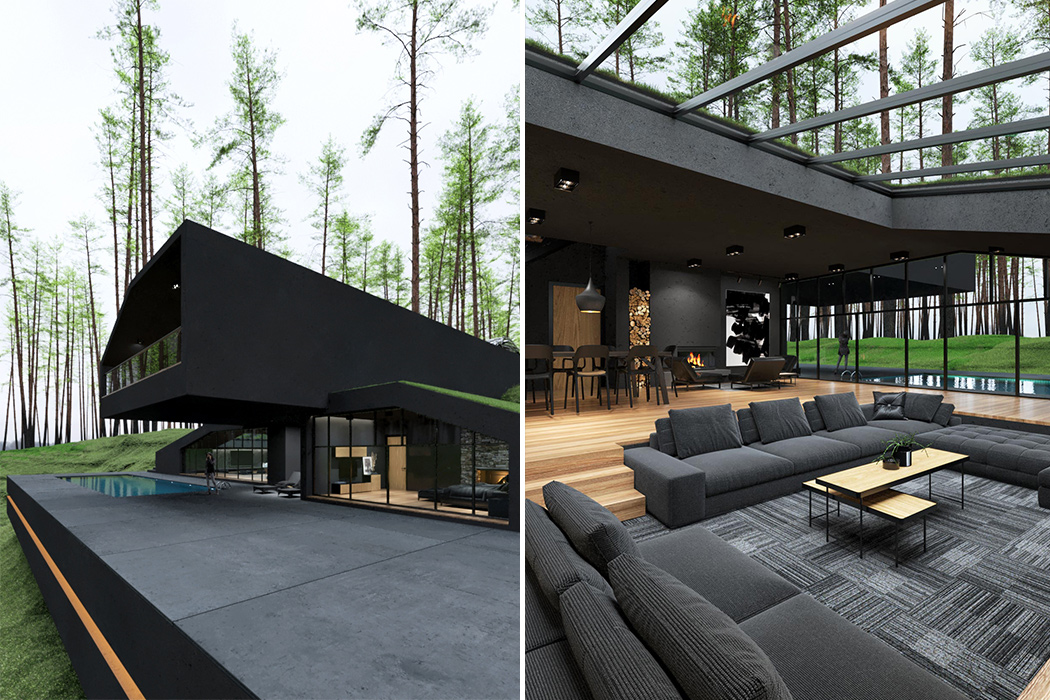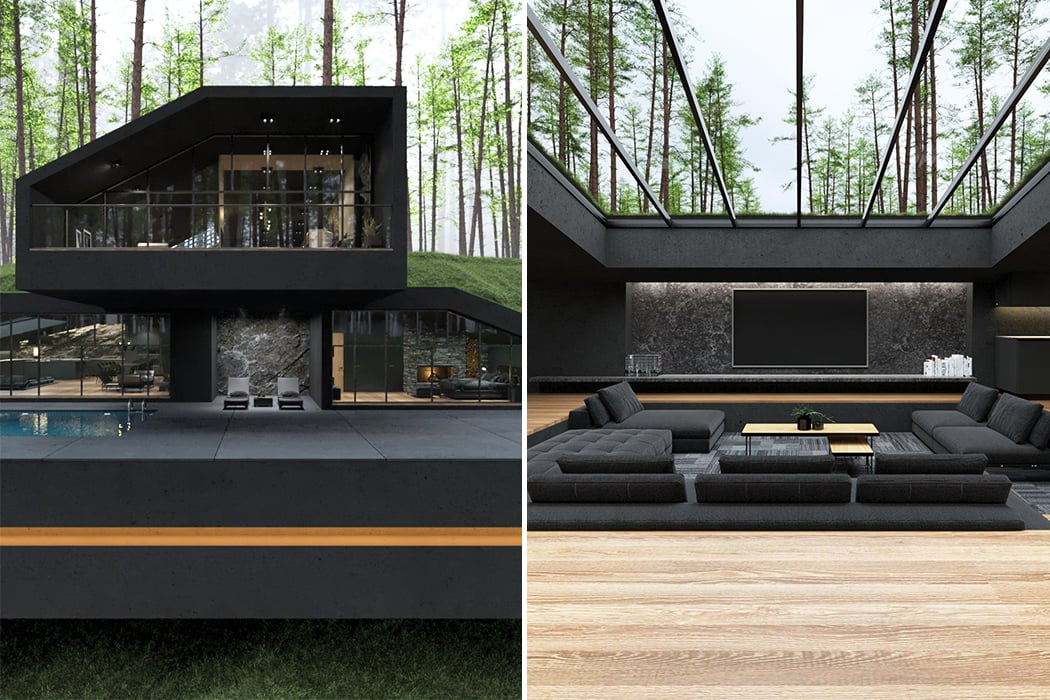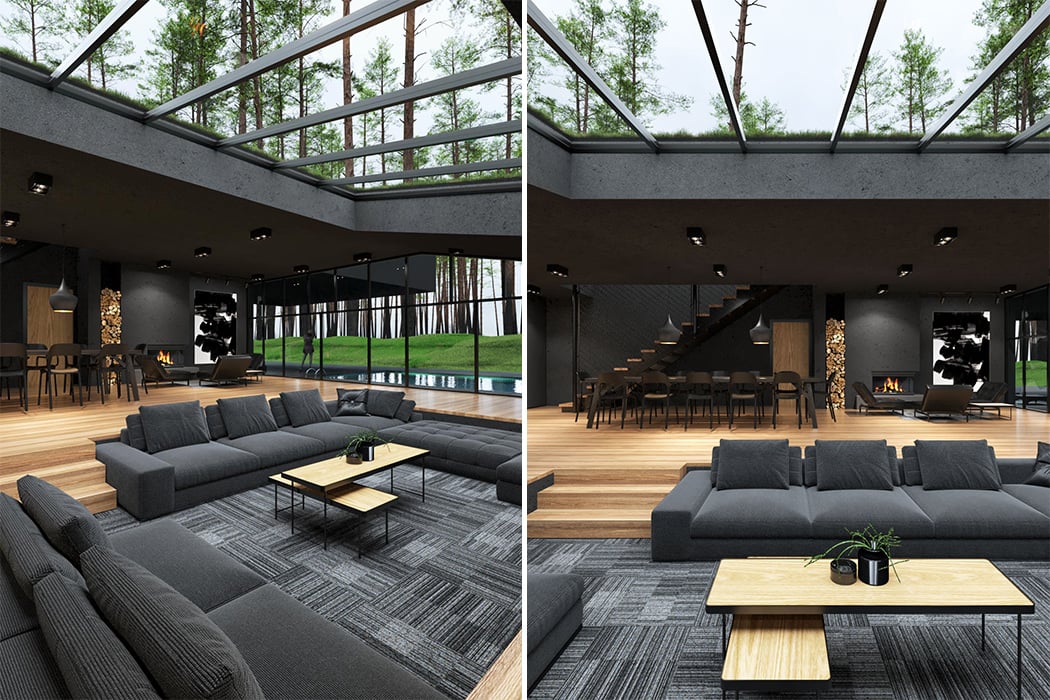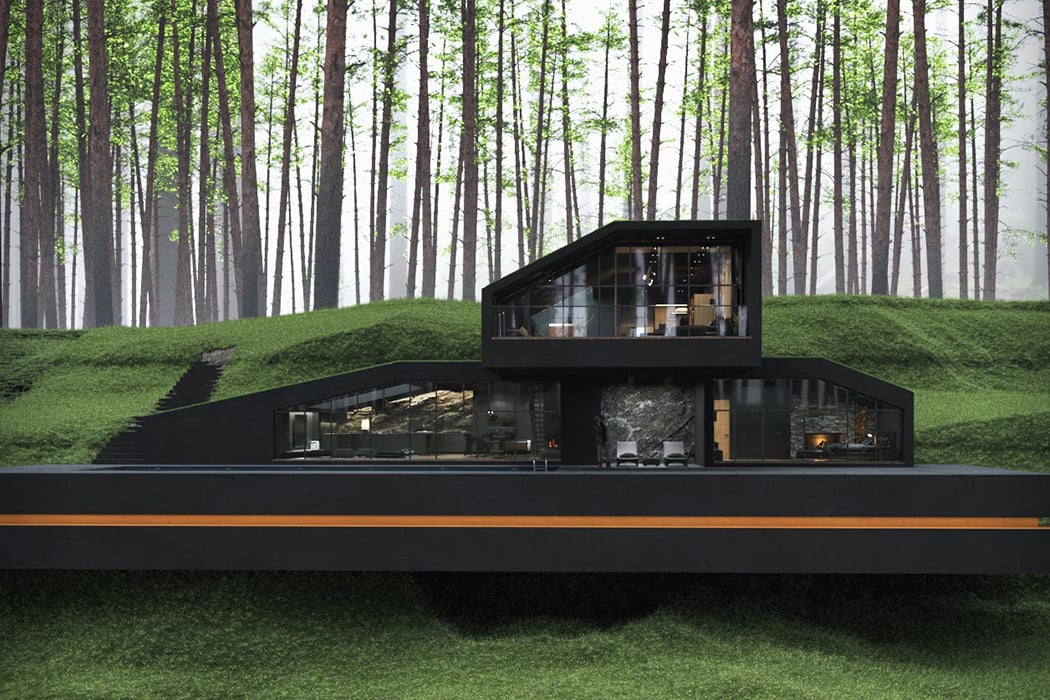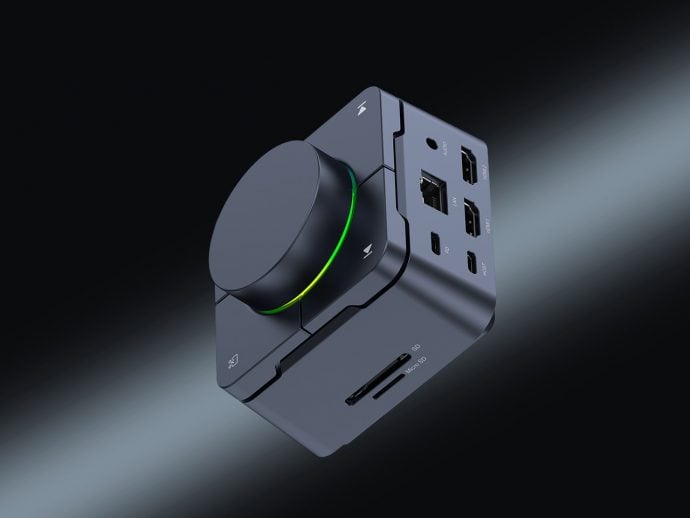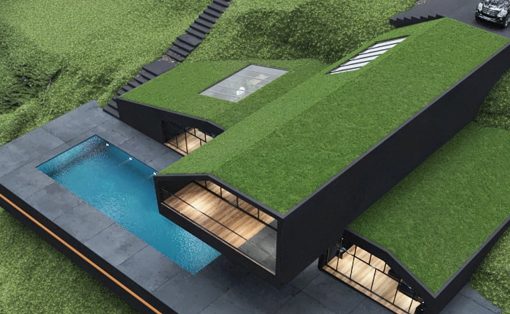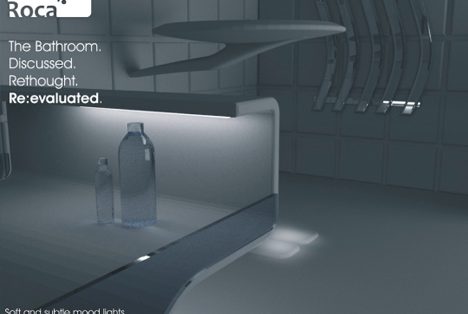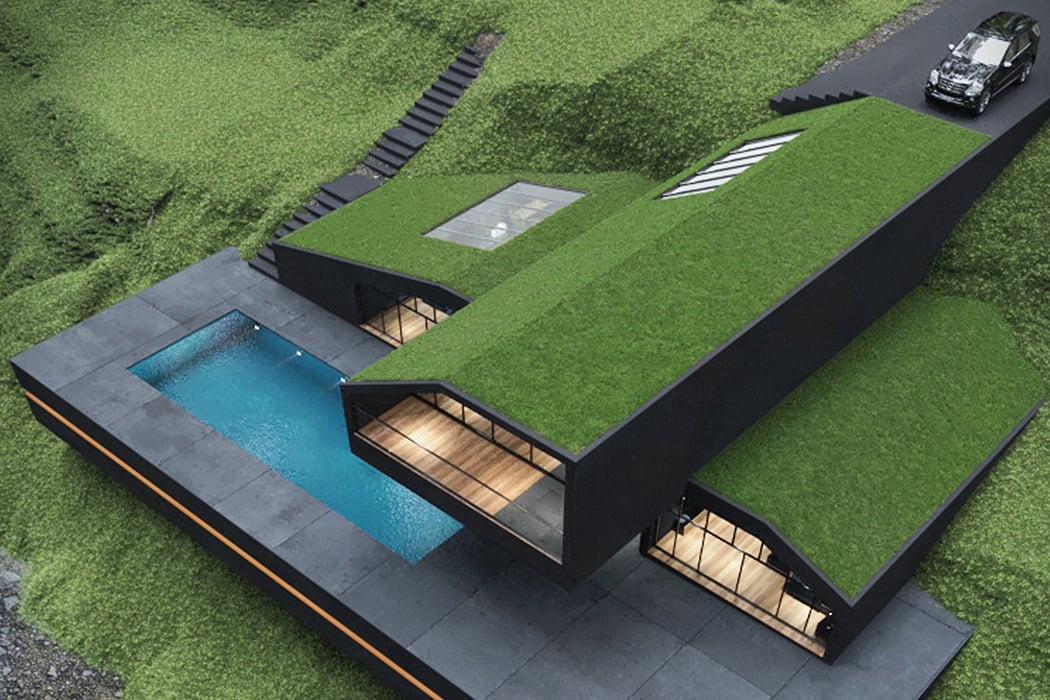
In the hills of Harriman State Park (New York), plans were made to build a beautiful, contemporary-style hobbit hole known as the Black Villa. The house is stunning inside and out, especially its most eye-catching feature: the luscious grass-covered roof.
Green roofs have been growing slowly in popularity over the past decade, due to their economic and environmental advantages. They can reduce energy usage by 0.7% by providing natural insulation against heat and maintaining temperatures that are 30-40°F lower than conventional rooftops. (The Black Villa also decreases the need for electricity by using skylights and floor-to-ceiling windows.) Green roofs also reduce and slow down stormwater runoff, which helps immensely in areas with poor drainage systems (usually in urban areas).
I appreciated the Black Villa’s environmentally-conscious design, but I wish it had been made for a city, not a national park. To build the house, you would have to disrupt the park’s existing landscape, which seems counter-productive as a sustainability project. Perhaps the Black Villa could generate more interest in green roof architecture in the future, but ultimately I think its energy-efficient features are simply part of the pretty facade.
Designer: Reza Mohtashami
